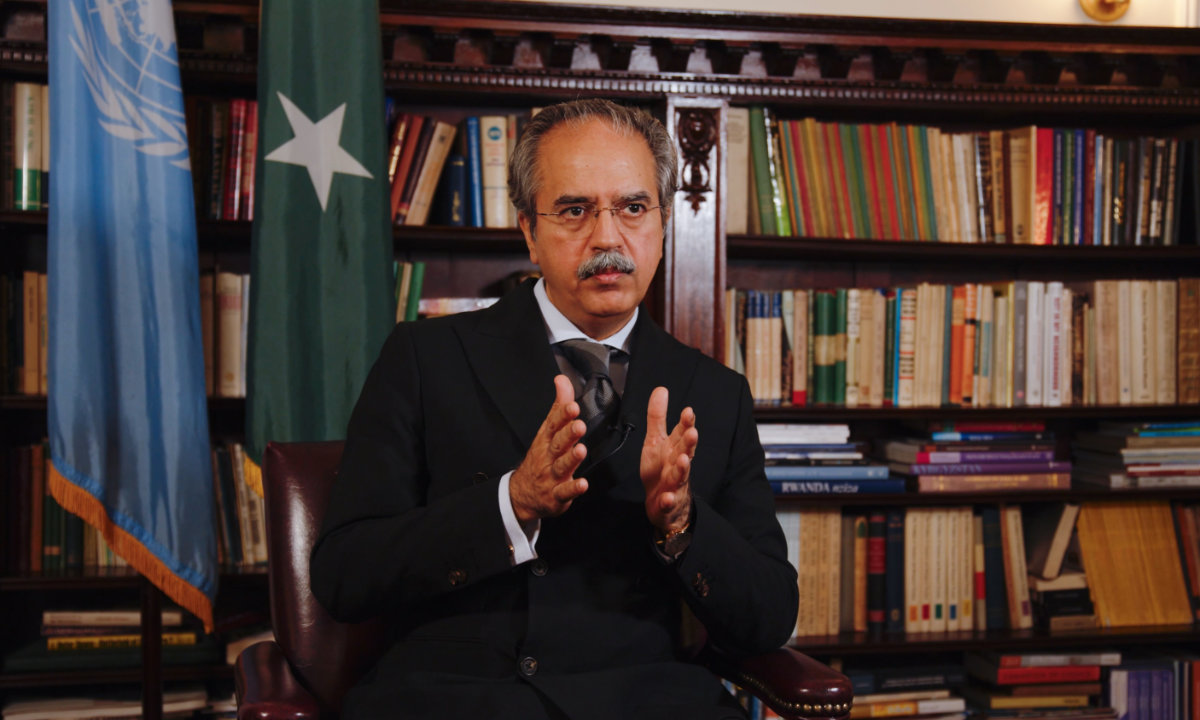BEIRUT: Lebanon’s President Michel Aoun said that he believes Prime Minister-designate Saad Hariri is incapable of forming a government to pull the nation out of its financial crisis.
Aoun’s verdict was contained in a letter read out to parliament on Friday and which will be discussed on Saturday.
Lebanese Parliament Speaker Nabih Berri postponed discussion of the controversial letter.
In the letter, Aoun said he would not be responsible for the consequences of obstructing the formation of the government, and held Hariri responsible for the delays in an attempt to have him dismissed and assign a replacement.
Hariri, however, described Aoun’s letter as “exercising the policy of distorting facts, and covering up the racist diplomatic scandal of the foreign minister toward the brothers in the Arab Gulf.”
The letter sets a precedent in the history of Lebanese politics, and according to a number of parliamentarians and jurists, it is “an attempt to amend the Taif Agreement and the constitution.” The MPs also expressed their fear that “the scientific and substantive constitutional debate will diverge into a sectarian and doctrinal nonpolitical debate.”
Former prime ministers Najib Mikati, Fouad Siniora and Tammam Salam expressed their astonishment at Aoun’s letter, which they described as “full of fallacies and distorted facts.”
They were dismayed that Aoun “assigned himself the role of guardian of the mission and the role of the prime minister-designate, but he went beyond that to give himself the role of the officer of his mission.”
The former prime ministers stressed in a statement that Hariri “stated more than once that he was ready for dialogue with the president of the republic to reach an understanding with him over the government, but he did not receive a response and was not met with cooperation.”
They added: “Rather, the president tried to impose obstacles, including the issue of the blocking third, and other new norms that are inconsistent with the provisions of the constitution.”
The former prime ministers recalled “the principle of separation of powers, and that every authority must abide by the limits of its powers.”
They described the contents of Aoun’s letter as “a true coup against the constitution.”
The three former leaders demanded that “Aoun sign the decree forming the government according to the lineup presented to him by Hariri and send it to parliament.”
The parliamentary session, which was held on Friday at the UNESCO Palace instead of the parliament headquarters due to social distancing measures, lasted only a few minutes.
As soon as the director-general of the sessions, Riad Ghannam, finished reading Aoun’s message to the MPs, including Hariri and MP Gebran Bassil, Speaker Berri announced that the session would be concluded and held again on Saturday for discussion.
Hariri, who returned from abroad to attend the session, and Bassil avoided looking at each other as they entered the parliamentary session in light of the raging disagreement between them.
It was reported before the parliamentary session that Bassil had prepared a tirade to confront Hariri, and that the prime minister-designate had set out a speech in an effort to put the record straight.
MP Yassin Jaber of the Development and Liberation bloc told Arab News: “I do not expect solutions tomorrow during the parliamentary debate, which I fear will take on a sectarian dimension. But there is a dilemma.”
The MP added: “The Sunni sect in Lebanon has designated its representative, who represents them most, to hold the position of prime minister, and in return, the president and his team say that they are the best representatives of their sect and want to name the Christian ministers in the government.
“How can a strong president remove the most representative prime minister?”
In the letter, which parliament released to the media, Aoun said that the delay in forming the government after more than six months of Hariri’s assignment damaged political stability as well as health, social, economic, financial and service security, and prevented the effective handling of critical files.
Aoun said: “It is not permissible to have no deadline for the formation of the government.”
He accused the prime minister-designate of “insisting, to date, not to present a government lineup that enjoys our agreement and the required confidence from parliament in accordance with the constitutional provision.”
The president said: “This is in addition to his interruption of conducting the necessary parliamentary consultations with various parliamentary blocs as well as refraining from the continuous and necessary consultation with the president to agree on a government lineup.”
Aoun also said that Hariri presented to the president a government lineup that failed to meet the principles set by the president in order to achieve national partnership.
“In light of this, the situation cannot remain as it is.”
According to Aoun’s party, the Free Patriotic Movement, Hariri “did not respond to the calls addressed to him to present a lineup of 24 ministers as the parties agreed.”
Hariri and his political team “want to deny the president the right to participate in forming the government and want him to be just someone who signs the decree, contrary to the phrase ‘by agreement’ in the constitution,” the party claimed.




























